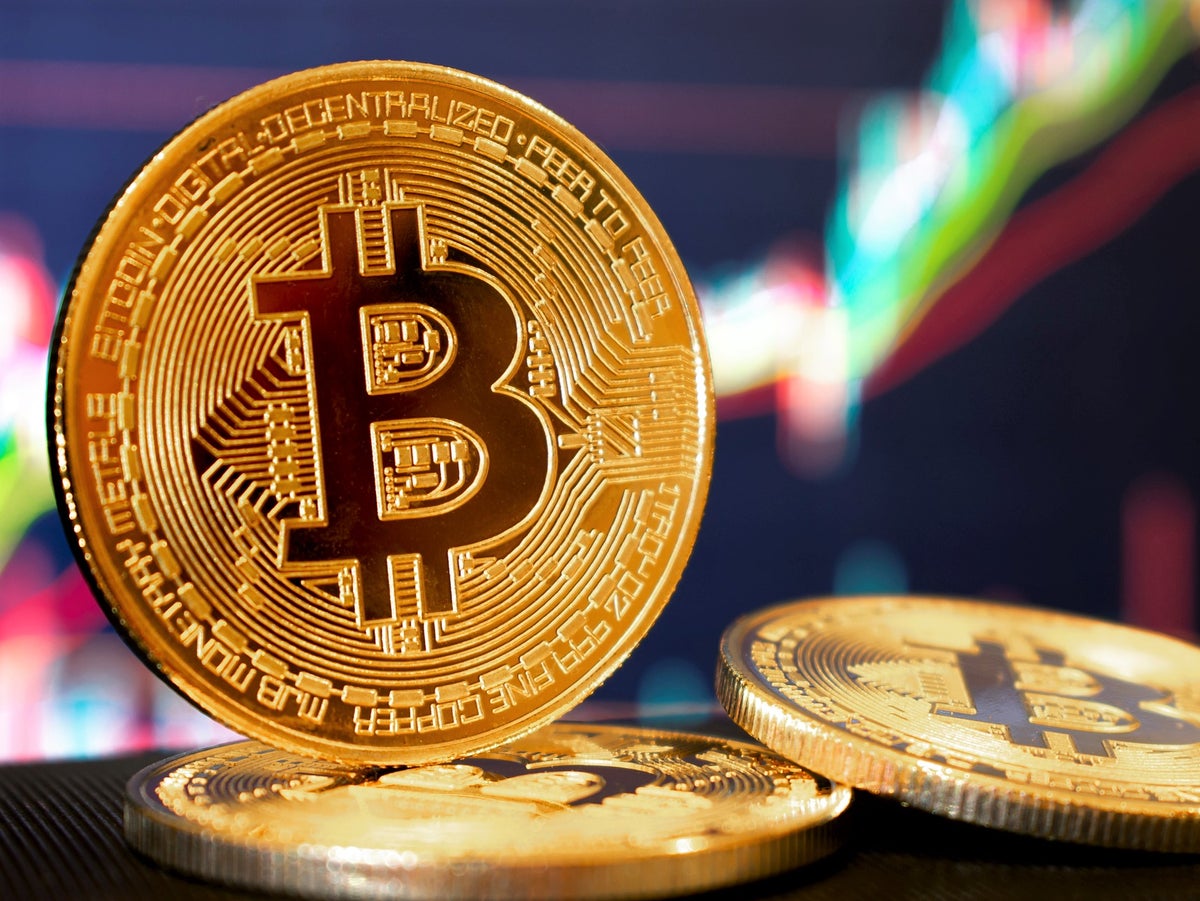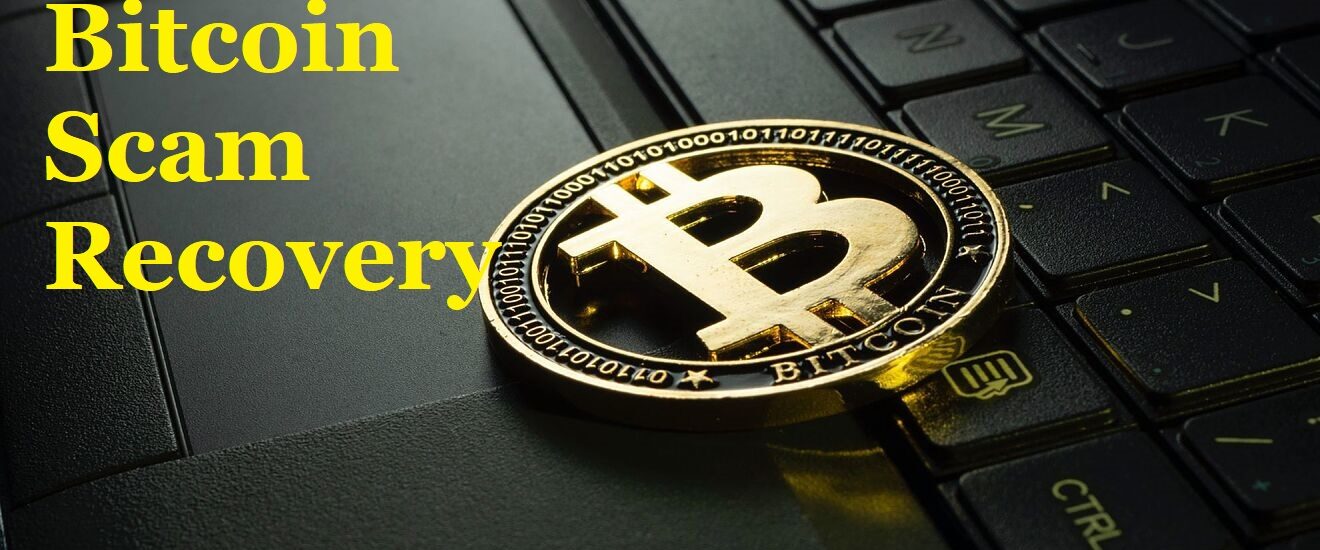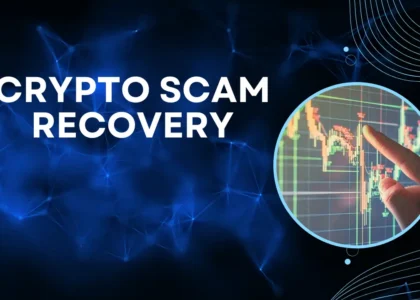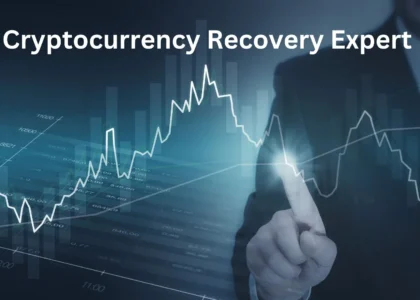Bitcoin
Bitcoin (BTC) is a decentralized digital currency. It has no central bank or a single administrator. Without the requirement to use intermediaries.
Mining
Bitcoin is created to reward an activity known by the term mining. Bitcoin has been accused of its usage in illegal transactions. The massive volume of power (and therefore the carbon footprint) utilized to mine, price volatility, and the theft of exchanges. A few economists and investors have called it a speculated bubble at different times. Some have also employed it as an investment through numerous authorities that have issued alerts to investors regarding bitcoin.
Local Government Agencies
A handful of national and local government agencies are making use of Bitcoin in the form of a currency, with one nation, El Salvador, adopting the currency as a legal tender.
It is a combination of bits and coins. There is no standard for bitcoin capitalization is in place. Certain sources make use of Bitcoin capitalized to describe the network and technology, and the bitcoin recovery expert.

Form of Cryptocurrency
Every one of Bitcoin transactions is confirmed with a huge volume of computational power, the process of “mining.” Bitcoin isn’t issued or backed by any bank or government or banks, nor is a single bitcoin a valuable commodity. Although it isn’t legally recognized as a currency all over the world Bitcoin enjoys a huge following and led to the creation of many other cryptocurrencies, often called altcoins. Bitcoin is often abbreviated as BTC when traded. account
Why is Bitcoin Important?
The value of Bitcoin has grown rapidly in less than 10 years. Rising to start at less than one cent in 2011, to nearly $68,000 in November 2021. The value of Bitcoin is derived from a variety of sources, including its scarcity and relative demand, and the marginal price of manufacture. Therefore, even though it’s not tangible, Bitcoin commands a high value, with a total market capitalization of $1.11 trillion at the time of November 20, 2021
Do You Think Bitcoin is a Scam?
Bitcoin has been in existence for over 10 years and the system has proven its reliability. The software that runs the system is open source and can be downloaded and examined by anyone for any problems or evidence of criminal motives. Sure, scammers may try to defraud people the money they have in Bitcoin or hack websites such as cryptocurrency exchanges. However, these are weaknesses in human behavior or third-party apps rather than Bitcoin the system itself.
How to Beware of a Scam
These warnings can help to identify. And can help you in Bitcoin Scam Recovery, bitcoin fraud recovery, bitcoin recovery.

- Four indicators to Tell You It’s a Scam
- How You can do to avoid the Scam
- Send a report of scams and frauds to FTC
Four Signs It’s a Scam
1. Scammers Pretend To Represent An Organization That You Are Familiar
Scammers frequently appear to be contacting them on behalf of the government. They could use a genuine name, such as that of the Social Security Administration or The IRS and Medicare, or create a fake name that sounds legitimate. They may pretend to be an organization you recognize for example. The utility firm or the tech business or even a charity soliciting donations.
They make use of technology to alter the number displayed on your Caller ID. Therefore, the name and number you see may not be authentic. So you should go for Bitcoin Scam Recovery or bitcoin fraud recovery to the authorized source.
2. Scammers Claim That There Is A Problem or A Prize
You may also be in debt. Perhaps you or a member of your family needed help. It could be that there’s a virus in your system.
Some will lie and claim you won money through the draw or sweepstakes. However, you must pay a cost to claim the money. After that, you need to go for Bitcoin Scam Recovery, bitcoin fraud recovery, bitcoin recovery.
Read More: Best Factoring Company
3. Scammers Urge You To Take Action Immediately
Scammers require you to take action before you’ve had time to think. If you’re calling, they may tell you to not hang up to avoid reading their tale.
They could threaten to take you into custody, sue you, seize your business or driver’s license, or even deport you. They could say that your computer’s about to become corrupted.
4. Scammers Will Ask You To Pay In A Certain Manner
They usually insist that you pay them by making a payment through a money transfer business or by placing money in the back of a present credit card and then providing the card’s number on the back.
What You Should Do To Avoid A Scam
Make sure you prevent unwanted calls as well as remove unwelcome text messages. Don’t divulge your financial or personal information in response to requests that you didn’t anticipate. Legitimate organizations won’t contact you via email phone, or text to inquire for personal details, such as the number of your Social Security, bank account, or credit card number.
Instead, you should contact them via an online address you are sure is reliable. Find their contact number. Do not call the number they provided to you or the number that you received from the caller’s ID. Do not act immediately. Legitimate businesses will allow you the time to think about your decision. Anyone who demands you pays them or provide your details is a fraudster.
Beware of Scammers
Beware of scammers who will instruct that you should pay. Do not pay someone who demands that you pay by gift card or money transfer services. Don’t ever deposit a check and then send the money back to someone else.
Talk with someone you can trust. Before you take any other action inform someone you trust. A family member or neighbor, or a family member about what transpired. Sharing your story can make you aware that this is a fraud. It can help you in Bitcoin Scam Recovery, bitcoin fraud recovery, bitcoin recovery.









